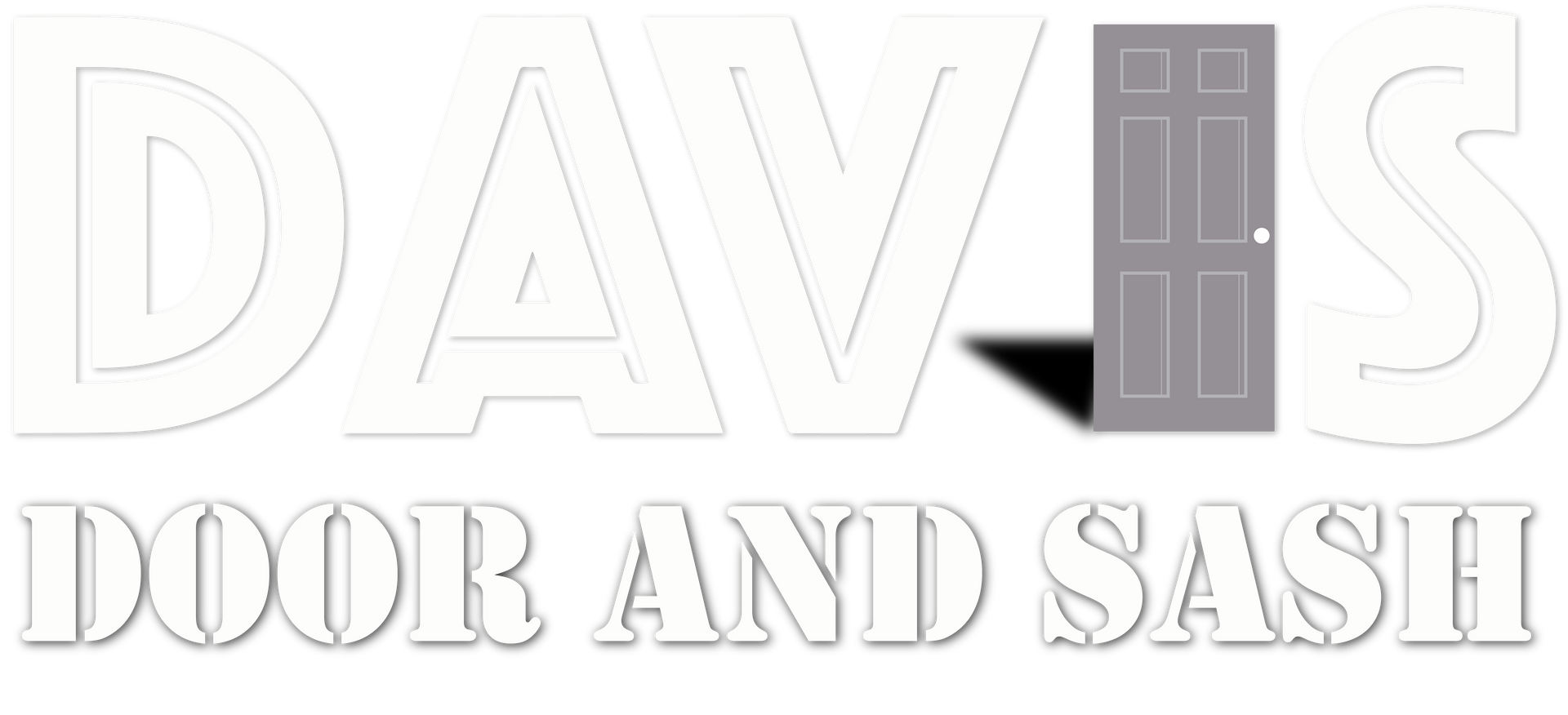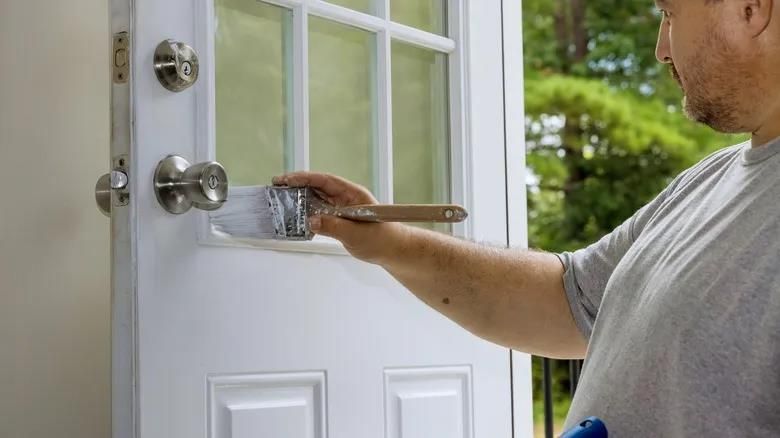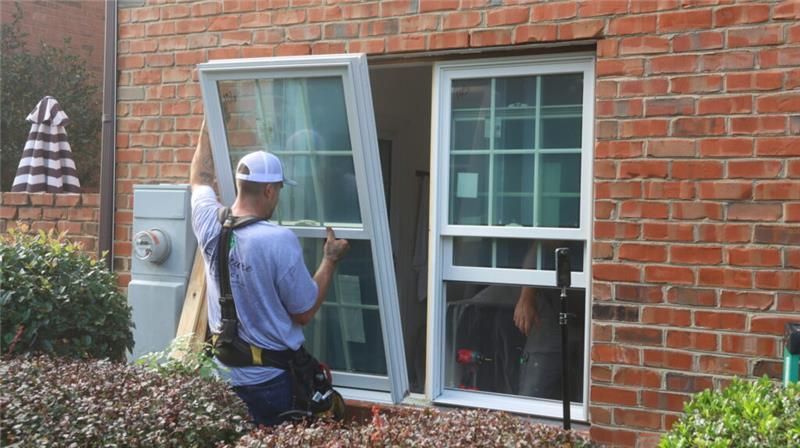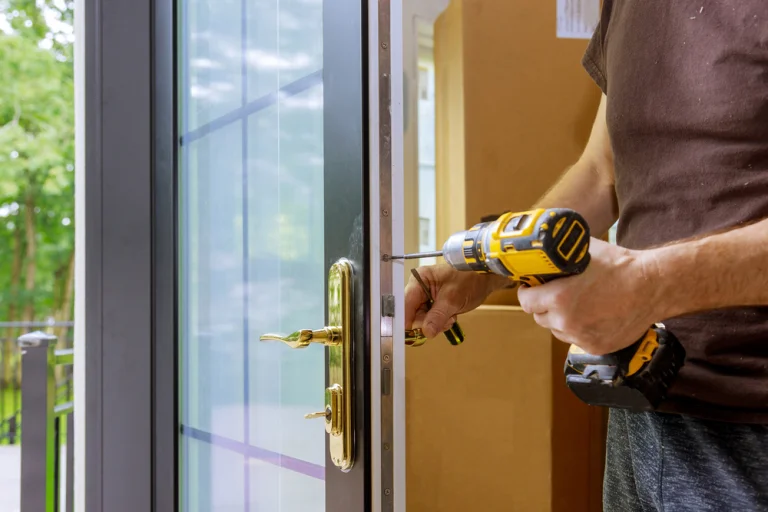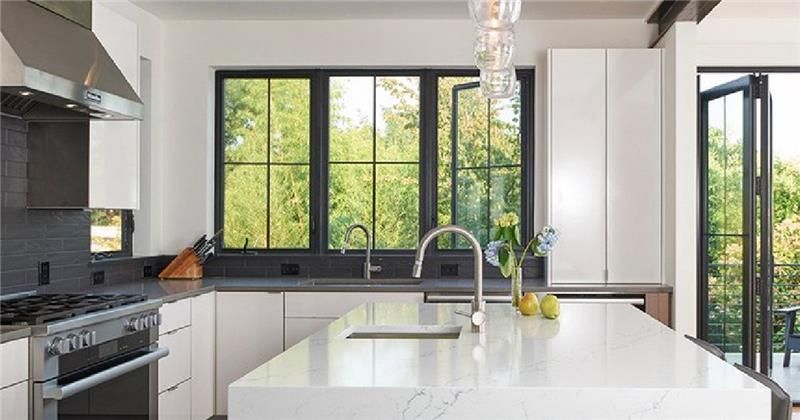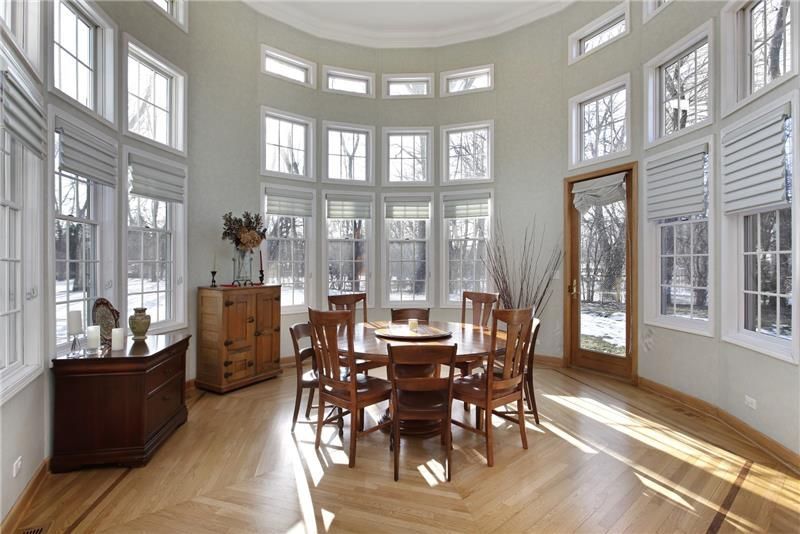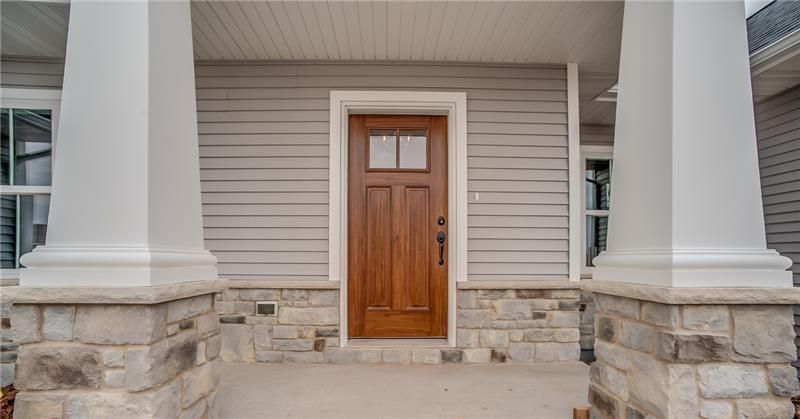Slide into Style: Modern Doors for Alabama Homes
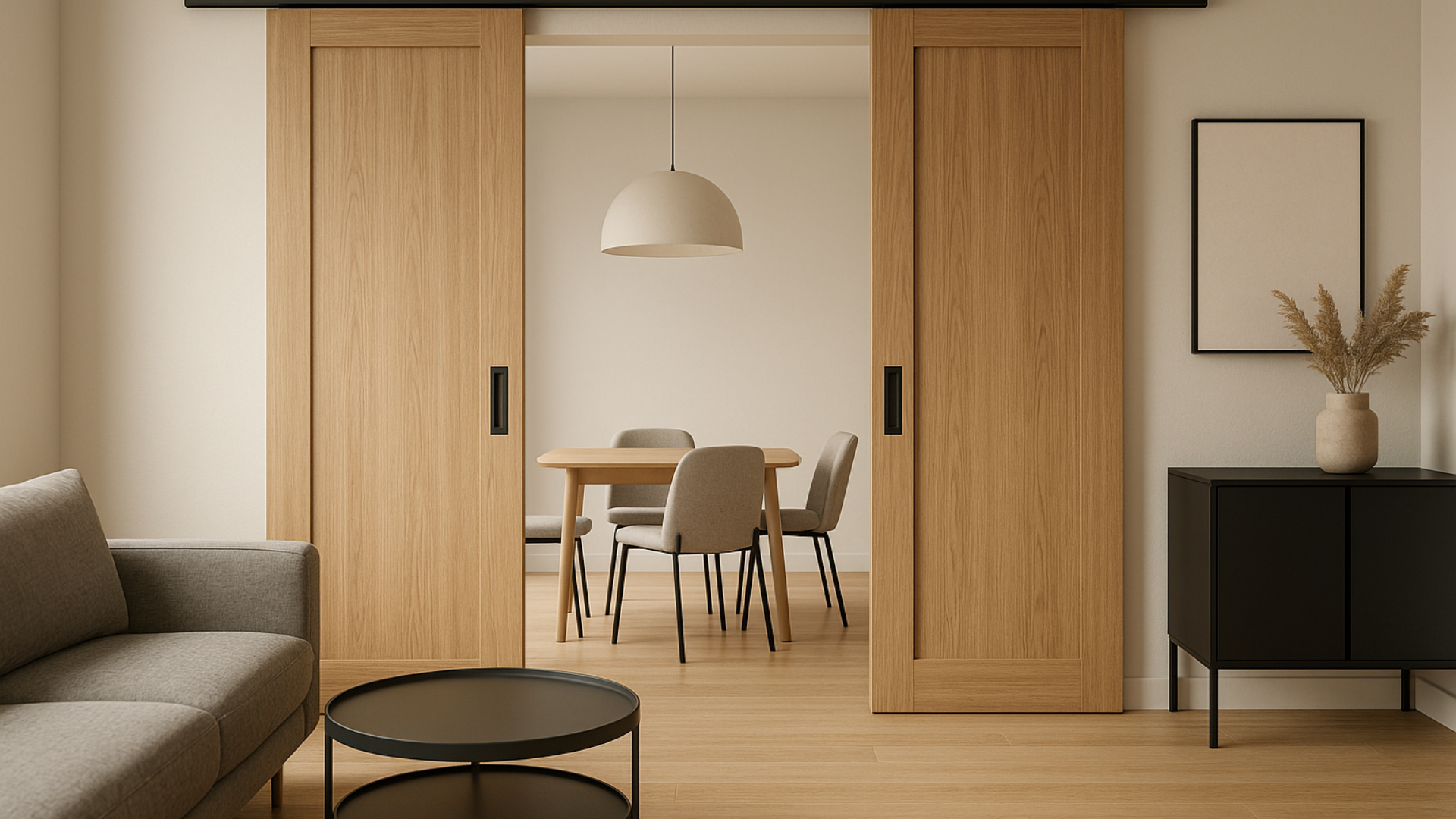
Every square foot counts when designing or renovating your home, especially with the new-age floor plans that involve open-concept living while maintaining efficient design. The interior sliding door is currently one of the trendiest yet most functional items attracting attention from Alabama homeowners. Sliding doors are not just for patios and closets anymore; they have evolved tremendously and are now available in stylish designs and customizable selections. Interior sliding doors can typically be used in multiple spaces in your home, such as bedrooms, bathrooms, kitchens, and even home offices.
At Davis Door and Sash, we are observing, among many other styles and products, a distinct trend toward custom interior doors in Alabama, particularly sliding door systems that combine the benefits of space-saving functionality with visual appeal. Here is what you need to know to make sliding doors.
Why Choose Interior Sliding Doors?
Traditional swing doors require clearance space to open and close space you could utilize or furniture, storage, or flow. Interior sliding doors eliminate that limitation.
Here’s why homeowners love them:
- Space Efficiency: Ideal for tight layouts or small rooms
- Style Versatility: From rustic barn-style to modern glass
- Light Flow: Keep rooms bright without sacrificing privacy
- Functionality: Easily divide or open up spaces as needed
- Customization: Tailored to your home’s look and dimensions
Whether you're building new or remodeling, sliding doors offer a streamlined, clutter-free alternative to traditional door swings.
Where Sliding Doors Work Best in the Home
Wondering where you can install these doors? Nearly anywhere. At Davis Door and Sash, we’ve helped customers in transforming spaces with sliding doors in:
1. Bedrooms and Bathrooms
In tight spaces where a swinging door may smash into furniture or a wall, sliding doors are usually the best option. In master bedrooms or ensuites, they provide a level of privacy, without leaving the room darkened or looking too formal.
2. Closets and Pantries
Closets typically have restricted access. Sliding doors make it easier to maximize every last square inch of storage space. In pantries, they can add a stylish element of interest in an open kitchen.
3. Home Offices
Do you need separation without feeling boxed in? A sliding door with clear or frosted glass can separate and define a workspace, while still feeling integrated into the home.
4. Laundry Rooms or Utility Areas
Turn a practical space into a design moment. Sliding doors help hide clutter while keeping areas easily accessible.
Style Meets Substance: Your Material & Design Options
At Davis Door and Sash, we offer a wide range of custom interior doors so you can match form with function. Here’s a look at some popular choices:
• Wood Sliding Doors
Classic and warm, wood doors bring a timeless look to any room. Choose from a variety of finishes to match your floors, trim, or cabinetry.
• Glass Panel Sliding Doors
Perfect for dividing spaces without blocking light. Clear, frosted, or patterned glass options provide privacy and openness in one.
• Barn-Style Sliding Doors
Rustic yet refined, barn doors are a favorite in Alabama homes—from farmhouses to modern builds. Hardware options like matte black or brushed nickel elevate the final look.
• Flush and Panel Options
For a minimalist vibe, flush doors offer clean lines. For more traditional or transitional homes, paneled designs give you texture and dimension.
Saving Space, Enhancing Flow
Let’s break it down with a quick example:
The Problem: A narrow hallway leading to a guest bedroom doesn’t allow enough clearance for a standard swing door.
The Solution: Install a wall-mounted sliding door. Not only does it solve the clearance issue, but it also creates a visual upgrade in an otherwise overlooked part of the house.
This kind of flexibility is why space-saving door solutions are such a smart investment for homes of all sizes.
How to Customize Your Sliding Door
Every home is different—so why settle for one-size-fits-all? At Davis Door and Sash, we help Alabama homeowners find or create sliding doors that work beautifully with their unique floor plans and style goals.
Options we offer include:
- Door size & thickness
- Material types (solid wood, MDF, glass combinations)
- Panel layout and finish
- Hardware selections (track styles, handle finishes, and more)
- Pre-finished or unfinished options for full control
We work closely with builders, designers, and homeowners to ensure your door isn’t just functional—it’s a standout feature.
Installation: What to Expect
Sliding doors are typically mounted in one of two ways:
- Barn Door Style (Wall-Mounted): Hardware is installed above the doorway on the wall. The door slides horizontally along the track.
- Pocket Door Style (Recessed in Wall): Ideal for new builds or full renovations, the door disappears into a wall cavity when open.
While both styles save space, the right choice for you depends on your layout and aesthetic goals. Our team can guide you through the decision, handle measurements, and provide expert recommendations for a smooth installation process.
Final Thoughts: Is a Sliding Door Right for You?
If you’re looking to maximize square footage, simplify your floor plan, or just elevate your home’s look, a custom interior sliding door is a smart, stylish solution. From compact cottages to modern homes across Alabama, these doors continue to impress.
At Davis Door and Sash, we specialize in high-quality door solutions tailored to your needs, preferences, and space. Whether you’re upgrading a single room or planning a whole-home makeover, we’ll help you find the perfect fit—down to the last detail.
Ready to get started?
Visit
our website or
contact our team today
to explore sliding door options and bring more function and flair into your home.
FAQs
1. Can interior sliding doors help improve energy efficiency or HVAC airflow in a home?
Ans. Yes! While often overlooked, sliding doors—especially those with glass or sealed frames—can control airflow between zones. For example, closing off a home office or laundry area helps regulate HVAC loads in open-concept spaces. Frosted or insulated glass doors can also reduce light-based heat gain in sunny areas while preserving natural light flow.
2. Are there building code considerations or HOA restrictions when installing sliding doors inside a home?
Ans. In most cases, interior sliding doors don’t require special permits—but if you're installing pocket doors or modifying structural walls, local Alabama building codes might require framing inspections or fire-rated materials. If you live in a planned community or condo, HOAs might also have aesthetic guidelines for visible sliding doors near entryways.
3. What should I consider when choosing hardware for my sliding door system?
Ans. Beyond style, hardware must match door weight and wall conditions. For instance, heavy wood doors require sturdier tracks with smooth-glide bearings, while glass doors need precision mounting. In humid climates like Alabama, opt for corrosion-resistant hardware (like powder-coated steel or aluminum) to prevent rust and track sticking.
4. Are sliding doors soundproof or do they let noise travel more than traditional doors?
Ans. Sliding doors aren’t inherently soundproof, but material and build quality matter. Solid-core wood doors or sliding doors with acoustic seals can significantly reduce sound transfer. For home offices, media rooms, or nurseries, pairing soft-close tracks with bottom guides also minimizes door vibration and improves acoustic performance.
5. What’s the best way to conceal or blend a sliding door into my interior design?
Ans. For a sleek, built-in look, flush wall-mount hardware and paint-matched doors blend seamlessly with modern interiors. Recessed pocket doors are nearly invisible when open. You can also integrate trim or millwork around the track to make the installation look like an intentional architectural feature rather than an add-on.
6. Are interior sliding doors a good option for multigenerational or aging-in-place homes?
Ans. Absolutely. Sliding doors are easier to open and close for individuals with mobility limitations—no need to twist knobs or navigate door swings. Wide sliding doors also allow better wheelchair or walker access, and soft-close features reduce the risk of pinched fingers or slamming, making them safer for both seniors and children.
